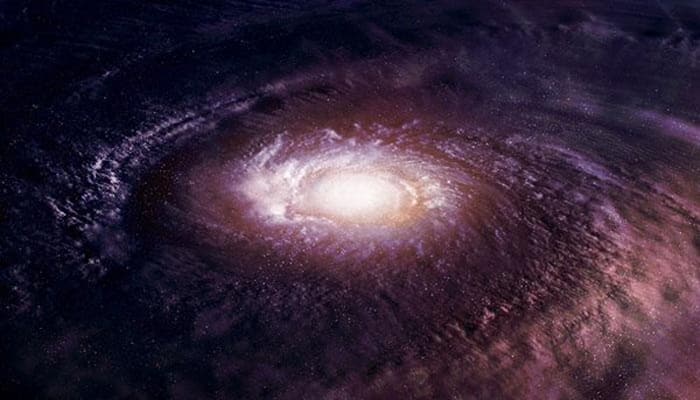Toronto: Astrophysicists from York University have revealed the fastest winds ever seen at ultraviolet wavelengths near a supermassive black hole.
“We’re talking wind speeds of 20 percent the speed of light which is more than 200 million kms per hour. That’s equivalent to a category 77 hurricane,” said Jesse Rogerson who led the research as part of his PhD thesis in the Department of Physics and Astronomy at York.
"We have reason to believe that there are quasar winds that are even faster," he added.
Astronomers have known about the existence of quasar winds since the late 1960s. At least one in four quasars have them.
Quasars are the discs of hot gas that form around supermassive black holes at the centre of massive galaxies - they are bigger than Earth’s orbit around the sun and hotter than the surface of the sun, generating enough light to be seen across the observable universe.
“Black holes can have a mass that is billions of times larger than the sun, mostly because they are messy eaters in a way, capturing any material that ventures too close,” added associate professor Patrick Hall.
As matter spirals toward a black hole, some of it is blown away by the heat and light of the quasar.
"These are the winds that we are detecting," Hall stated.
The team used data from a large survey of the sky known as the "Sloan Digital Sky Survey" to identify new outflows from quasars.
After spotting about 300 examples, they selected about 100 for further exploration, collecting data with the Gemini Observatory’s twin telescopes in Hawaii and Chile, in which Canada has a major share.
"We not only confirmed this fastest-ever ultraviolet wind, but also discovered a new wind in the same quasar moving more slowly, at only 140 million kilometres an hour," says Hall.
"We plan to keep watching this quasar to see what happens next, the authors noted in a paper which appeared in the journal Monthly Notices of the Royal Astronomical Society.
















